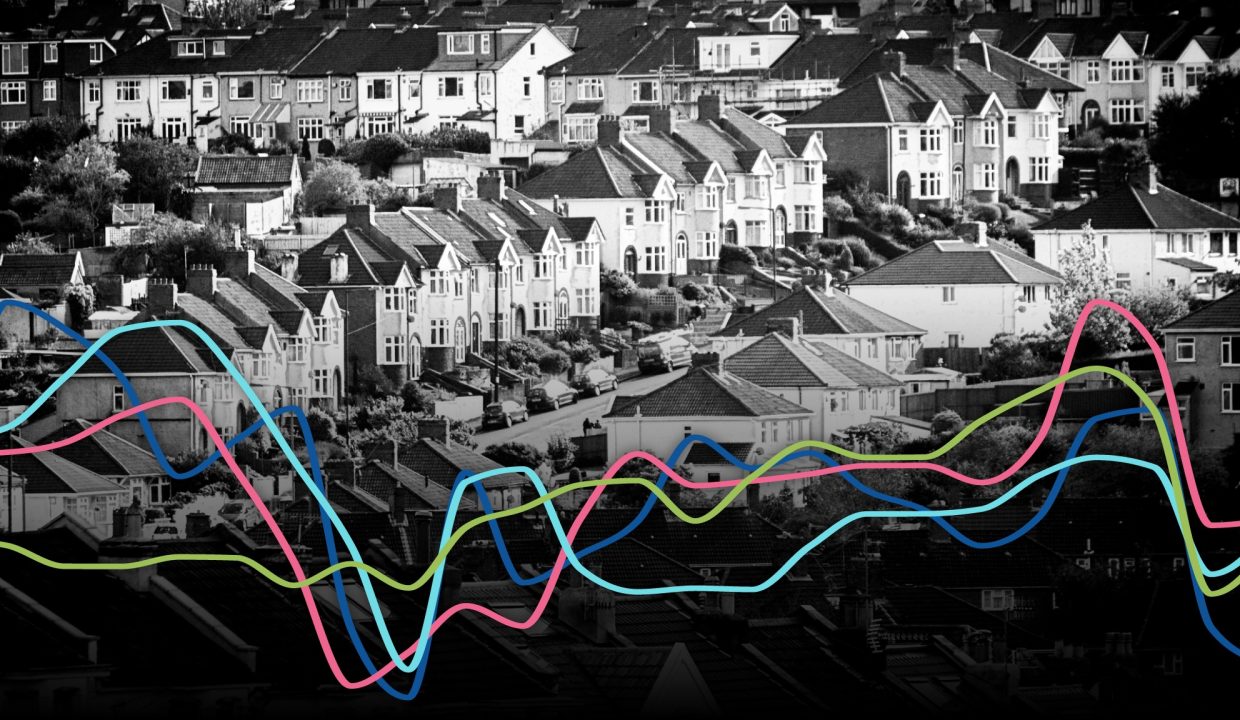
Decline in house prices and household net worth, increase in interest rates
As inflation continues and house prices fall, the net worth of each household has also decreased. According to data released by the Statistics Office last week, “household net worth,” which subtracts debt from assets, fell by $10.3 billion to $2.251 trillion in the December quarter of last year, recording a 0.5% decline during the quarter. Net worth also declined in the previous September quarter, but the decline rate decreased somewhat this quarter. A statistics official explained that household net worth fell 7.3% compared to the previous December quarter in 2021, when household net worth was highest. The biggest impact on the continued decline in household net worth was the decline in house prices. In the December quarter of last year, the decline in asset value due to falling house prices amounted to $12.3 billion, a 1.0% decrease from the previous quarter. The rate at which net worth is declining has slowed compared to an average of 1.8% per quarter throughout 2022, despite falling house prices. This is because financial assets such as cash and deposits increased by $3.6 billion and insurance and pensions increased by $1.8 billion, while financial assets increased by $5.3 billion despite falling house prices. In contrast, shares and investment fund holdings decreased by $14.9 billion in the September quarter of last year, but only decreased by $100 million in the December quarter with relatively little change. On the other hand, an increase of $3.2 billion in household debt with a growth rate of 1.1% compared to the previous quarter also affected the decline in net worth. Household debt mainly generated by mortgage loans showed a continuous increase trend at an average rate of 1.2% per quarter throughout last year due to rising interest rates.

집값 하락과 가계 순자산 감소율, 이자율은 상승
인플레이션이 이어지고 집값이 하락하면서 각 가정이 보유한 순자산도 줄어들었다.
통계국이 지난주 발표한 자료에 따르면, 지난해 12월 분기에 자산에서 부채를 뺀 이른바 ‘가계 순자산(household net worth)’이 전 분기에 비해 103억 달러 줄어 2조 2510억 달러를 기록하면서 분기 동안 0.5%의 감소율을 기록했다.
그 전인 9월 분기에도 순자산이 감소했지만 이번 분기에는 감소율이 다소 줄어들었는데, 통계 담당자는 가계 순자산이 가장 많았던 지난 2021년 12월 분기에 비해서 작년 12월 분기에는 1760억 달러가 줄어들면서 7.3%가 감소했다고 보충해 설명했다.
이처럼 가계 순자산이 계속 줄어든 데는 주택 가격 하락이 가장 큰 영향을 미쳤는데, 지난해 12월 분기 동안 집값 하락으로 인한 자산 가치 하락은 123억 달러에 달했으며 이는 전 분기보다 1.0% 줄어든 것이다.
순자산이 감소하는 속도도 2022년 내내 분기당 평균 1.8%였던 것에 비해서는 주는 속도가 느려졌는데, 집값 하락에도 불구하고 현금 및 예금이 36억 달러가 증가하고 보험과 연금이 18억 달러 느는 등 금융 자산이 53억 달러 증가한 것이 영향을 미쳤기 때문이다.
이에 반해 주식 및 투자 펀드 지분은 지난해 9월 분기에는 149억 달러가 줄었지만 12월 분기에는 1억 달러만 줄어 비교적 큰 변동이 없었다.
한편 전 분기보다 증가율이 1.1%였던 32억 달러의 가계 부채 증가도 순자산 감소에 영향을 줬는데, 주로 주택담보 대출로 발생하는 가계 부채는 지난해 내내 이자율 상승으로 분기당 평균 1.2%의 비율로 계속 증가 추세를 보였다.
